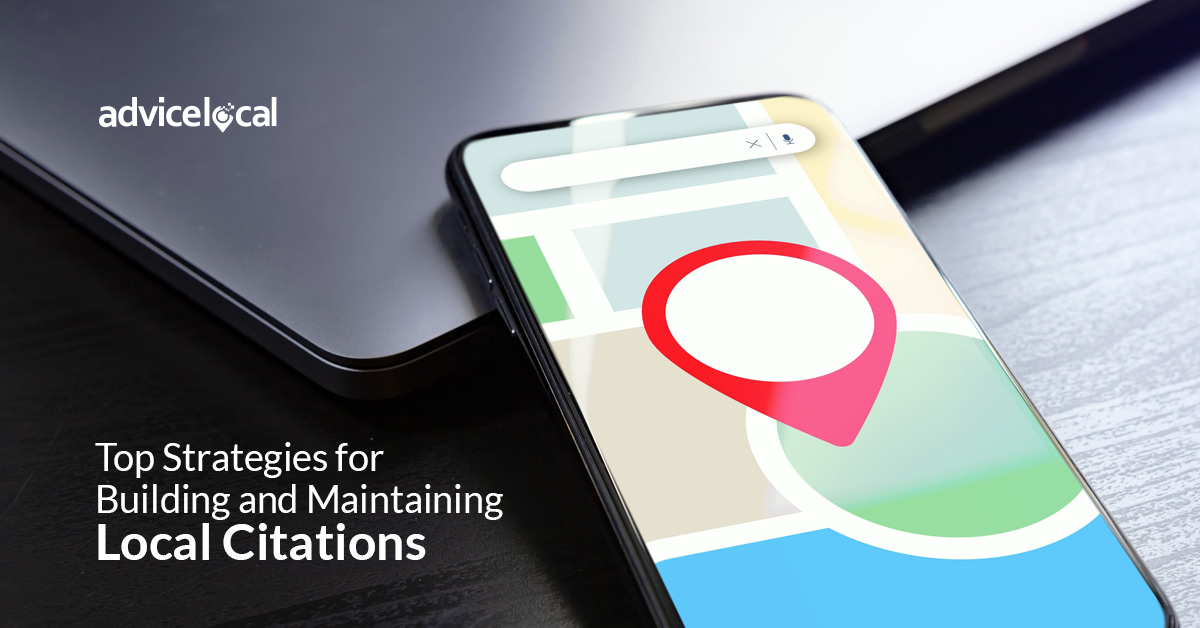Local citations are one of the essential ways for businesses to get new leads, conversions and customers. So whether you go for manual submissions or work with a listing management service, this effort should deliver positive results. However, as established agencies and local marketers know, if you don’t have a clear plan in place, maintaining high-quality citations will be incredibly time-consuming. Do you want a simple solution to this issue? Check out our top local citation building strategies.
How to Build and Maintain High-Quality Local Citations
Local SEO citations are simply online references to a business name, address and phone number (NAP) on business directories, review sites, social media and other platforms. While almost all SEO professionals agree that a wide selection of citations will improve search engine visibility and credibility, the strategy’s success will depend on the approach that you take to building and maintaining citations.
Evaluate the Citation Footprint
It’s important to get a clear picture of a client’s citation footprint before you begin building citations. This process involves identifying where the NAP details are currently listed, and whether they are still accurate. Seemingly minor errors (such as incorrect opening hours) will reduce trust and credibility among both customers and search engines.
Identify Targets for Local Citations
Local businesses in the top search positions will almost certainly have an extensive collection of quality SEO citations. This begins with identifying the best platforms and determining how to obtain the listing. Will you manually create each listing or use an API? Are there niche-relevant directories in your client’s industry? These questions will drive your citation strategy.
Submit Listings to Authority Platforms
Next, you’ll need to submit the NAP data to authoritative business directories. Agencies will often target data aggregators, premium directories, mapping apps and voice search platforms. We’ve listed the five directories that local businesses need here, though a comprehensive strategy will extend beyond these foundational platforms. As for the data distribution process, the options are to submit listings by hand, or hire a listing management service with the existing infrastructure.
Optimize Citations
While we’ve discussed NAP information as the basis of SEO citations, there’s actually a bit more to consider. Most platforms, such as Google Business Profile (GBP) and Bing Places for Business, let you add substantially more content to a listing. Depending on the listing, you could potentially add images, products, services, questions and answers, blog posts and more.
Conduct Ongoing Management and Citation Audits
Understand that citation building and maintenance today is not a set-it-and-forget-it task. There are many issues related to incorrect data, so you’ll need to monitor information regularly and update inaccuracies. Effective strategies include cross-referencing submitted data with a central database (such as GBP syncing), and performing regular audits.
What Is the Best Location Citation Strategy?
The key to making this type of local citation strategy work is to streamline and automate as much as possible without sacrificing quality. At Advice Local for example, our agency partners benefit from a hybrid data submission approach that combines APIs and manual submissions. We also screen all the platforms in our data network to ensure they measure up to our exacting standards. Finally, we empower agencies with the latest best practices, such as our how-to guide for local citation audit and cleanup.
Speak With Our Listing Management Specialists
Advice Local helps digital agencies and local marketers build and maintain local citations across the leading directories, review sites and search engines. Our listing management services make it easy to submit business data to the platforms that count. Call (214) 310-1356 or request a demo.




